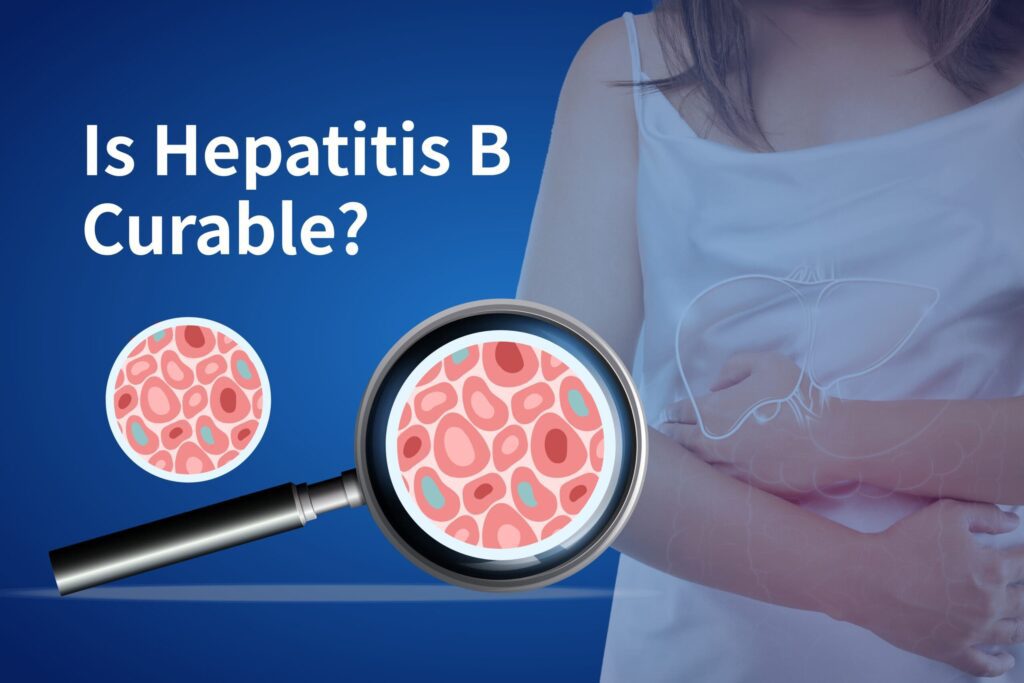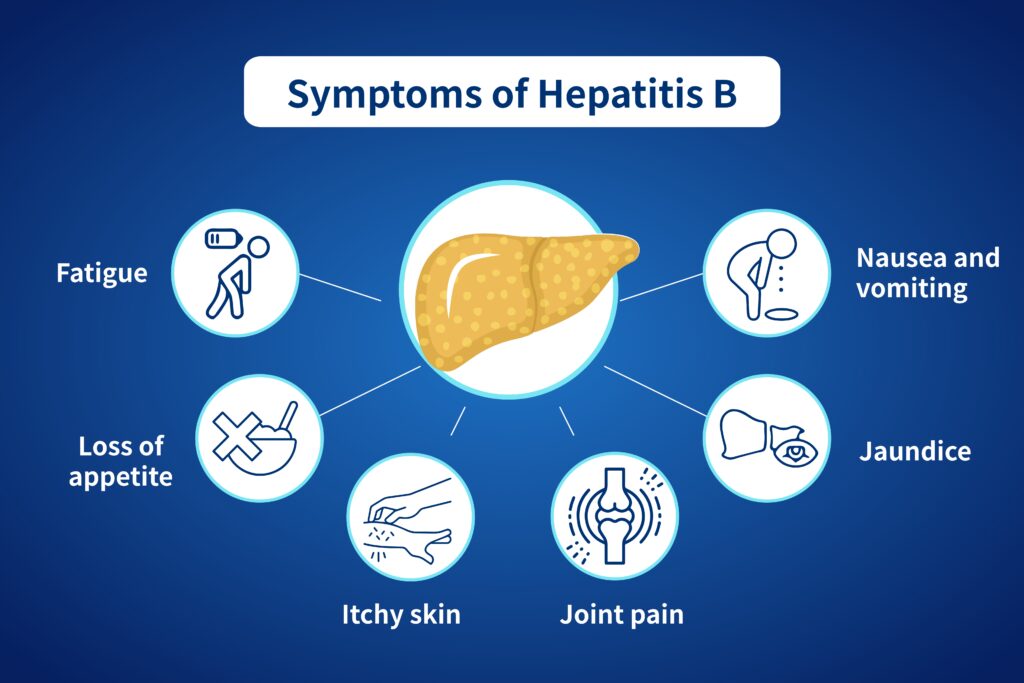What are the possible cures for Hepatitis B?

Hepatitis B is a virus that attacks the liver. It causes inflammation and can lead to cirrhosis, fibrosis, and eventually death. Because of this, it’s one of the most deadly viruses for people with compromised livers.
World Health Organization (WHO) estimates that about 250,000 new cases of hepatitis B are diagnosed each year, and more than 500,000 people die from the disease. The progression of the disease varies from person to person and depends on many factors such as age, gender, individual genetics, and lifestyle.
The good news is that there is a cure for hepatitis B. However, curing requires taking medicine for a few weeks and having frequent blood tests to check for side effects.
If you have been diagnosed with acute or chronic hepatitis B but do not have symptoms, you should still get tested regularly if you want to prevent spreading the virus to others and protect yourself from future consequences.
What Is Hepatitis B?
Hepatitis B is a viral infection that attacks the liver. It can cause severe long-term damage if left untreated. In most people, the virus goes away after several months. However, in some cases, it leads to chronic hepatitis and liver cirrhosis (scarring).
It’s caused by the hepatitis B virus, which is spread through contact with blood (including blood from an infected person), sexual contact, or contact with bodily secretions (such as saliva, semen, or vaginal fluid). It can also be spread through contaminated medical equipment, such as intravenous needles.
In most cases of acute hepatitis B, symptoms appear within 3 months of contracting the virus. Once these symptoms appear, it typically takes another 1–2 months for the disease to progress to its final stage, which includes jaundice (yellowing of the skin) and nausea. There are treatments available that can help improve the patient’s health.
What Are the Symptoms of Hepatitis B?

Symptoms of hepatitis B can vary and may not appear for several weeks or months after infection. Some people with hepatitis B may not have any symptoms, while others may experience a range of symptoms. Common symptoms of hepatitis B include:
Fatigue
Nausea and vomiting
Loss of appetite
Abdominal pain
Jaundice (yellowing of the skin and eyes)
Dark urine
Clay-colored bowel movements
Itchy skin
Joint pain
In some cases, the symptoms of hepatitis B can be severe and lead to complications such as liver failure or liver cancer.
The following tips can help you improve digestion in old age and maintain a healthy relationship with your stomach:
Is There A Vaccine For Hepatitis B?
Yes, there is a vaccine for hepatitis B.
Hepatitis B vaccine is highly effective at preventing infection and is recommended for all infants and children, as well as for people at high risk of infection, such as healthcare workers and people who are sexually active.
The vaccine is typically given as a series of shots, with the first shot given at birth and 2 or 3 more doses given at 1-2 months and 6-18 months. The vaccine is safe, and side effects are usually mild and temporary.
It’s important to note that even if you have received the vaccine, you should still practice safe behaviors such as using condoms, avoiding needle sharing, and not sharing personal items like toothbrushes and razors.
It’s also worth mentioning that if you have been diagnosed with hepatitis B, the vaccine is not an appropriate treatment for you. It’s important to see a healthcare provider for treatment and monitoring.
Because fiber “greases” your digestive tract, a high-fiber diet leads to optimal digestion. Another advantage is that most high-fiber meals are typically naturally low in fat and help you feel satiated for longer, which encourages you to eat less and maintain a healthy weight.
How to cure Hepatitis B?
The mortality rate of hepatitis B is very high, and most people die from complications related to the virus within 5 to 10 years of contracting it.
Although there is no specific treatment for hepatitis B, it can be cured with a combination of drugs. These drugs must be taken for several weeks and are monitored by your doctor so that you can be sure that you are tolerating the medication. These medications include
Peginterferon, also known as PEG-Intron: This medication interferes with the virus’s ability to replicate and spread within your body. It also boosts your immune system, making it easier for the body to fight infections.
Ribavirin: The medication is used to boost the immune system and fight off viral infections. It is also used to help speed the recovery of people with chronic hepatitis B or liver cirrhosis.
Simeprevir: This medication is used to treat hepatitis B and hepatitis C. It prevents the virus from replicating and allows it to be cleared by the immune system
Get the right treatment for Hepatitis B in Hyderabad from Dr. Vijaykumar Bada
You can receive quality treatment for hepatitis B in Hyderabad from Dr. Vijaykumar Bada, an excellent liver specialist who can assist you in curing Hepatitis B.
He is renowned for curing various liver-related problems, including gastrointestinal problems, liver, HPB, and Pancreatic issues. He puts his clients’ needs first and is available for consultations 24/7 at Yashoda Hospital. You can get the best consultation and treatment for Hepatitis B right away.
Also read : Everything You Need To Know About The Fodmap
Have Any Question?
Are you looking for a Solution for your problem? You can call us or just drop your question here.
Stay Connected with
Dr. Vijaykumar C. Bada

Dr. Vijaykumar C. Bada is the best Gastroenterologist in Hyderabad city of Telangana.
- Flexible Appointments & Urgent Care
Dr. Vijaykumar C. Gastroenterologist
Design & Developed by Pointofviewer
Copyright © 2021. All rights reserved.
